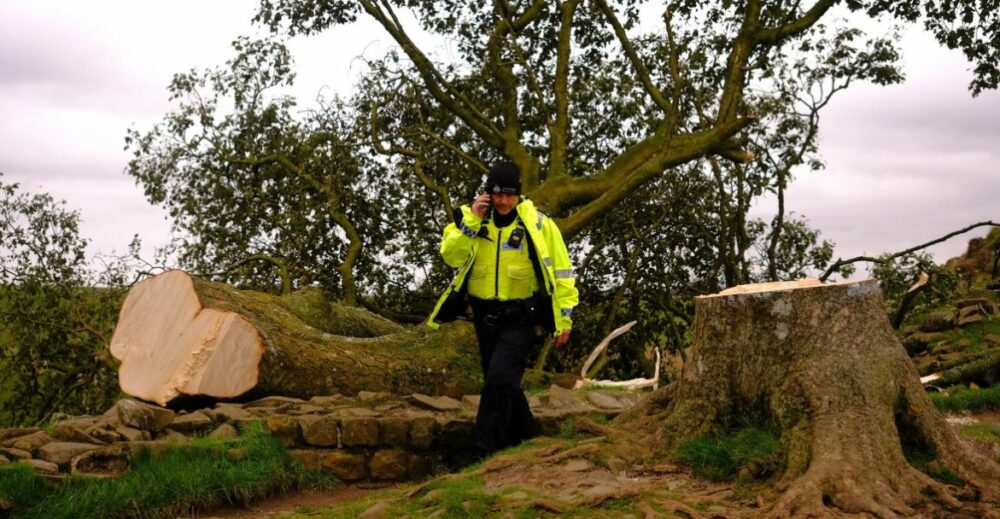Yesterday, I felt sad as I read Tom Nichols’s response to the indictment of Donald Trump in The Atlantic Daily, particularly the following parts.
The rest of us, as a nation but also as individuals, can no longer indulge the pretense that Trump is just another Republican candidate, that supporting Donald Trump is just another political choice, and that agreeing with Trump’s attacks on our democracy is just a difference of opinion.
We can no longer merely roll our eyes when an annoying uncle rhapsodizes about stolen elections. We should not gently ask our parents if perhaps we might change the channel from Fox during dinner. We are not obligated to gingerly change the subject when an old friend goes on about “Demonrats” or the dire national-security implications around Hunter Biden’s genitalia. Enough of all this; we can love our friends and our family and our neighbors without accepting their terms of debate. To support Trump is to support sedition and violence, and we must be willing to speak this truth not only to power but to our fellow citizens.
Every American citizen who cares about the Constitution should affirm, without hesitation, that any form of association with Trump is reprehensible, that each of us will draw moral conclusions about anyone who continues to support him, and that these conclusions will guide both our political and our personal choices.
This is painful advice to give and to follow. No one, including me, wants to lose friends or chill valued relationships over so small a man as Trump. But our democracy is about to go into legal and electoral battle for its own survival. If we don’t speak up—to one another, as well as to the media and to our elected officials—and Trump defeats us all by regaining power and making a mockery of American democracy, then we’ll all have lost a lot more than a few friendships.
Firstly, how can it possibly be that one of the tied favourites to win the next US Presidential election can be someone involved in a conspiracy which contemplated deploying the American military against its own people? How the hell did we end up here? How did the US elect someone like that in the first place? Why isn’t the idea of re-electing that person unthinkable? What does this mean for the future of the USA? What does this mean for the future of democracy?
Secondly, should we really be worried? Democracy and the constitution passed the stiff test posed by Donald Trump the last time; ought we not to be confident that the same tactics will fail a second time? Should we really be that threatened by someone contemplating something awful, but deciding not to do it? Isn’t the outcome more important than the contemplation? Is Trump really a threat to democracy, or is he just a very naughty boy?
Thirdly, isn’t it depressing that the ‘threat to democracy’ that Nichols cites has become such a common refrain? Not from Nichols, not even really from The Atlantic, but from—well—everywhere? The New York Times has used the phrase 590 times. The Times of London has used it 155 times. Even the bloody Financial Times has used it 216 times. Some of these uses are legitimate references others are not. Even as long ago as 2006, the transfer of ownership of ITV was called a “threat to democracy”—it wasn’t one. There’s no space left to amp up the rhetoric. Rage sells, and anger drives online engagement. The media hit peak rage too soon. The papers have cried ‘wolf’ once too often. And it means that if and when there’s a real threat to democracy, the rage and anger and language is just the same as when the threat was little more than tepid air. We need the reasonable voices, the ones willing to say “there’s nothing to see here”, “this isn’t a crisis”, and “it’s more complicated than that”—but they’re drowned out, because calm rationality is boring.
Fourthly, does the failure of journalism explain the failure of democracy? Can democracy survive without reliable information? Or in an environment where reliable information is drowned out by hysterics? And is there any route to improving any of this in the current environment? Or are we in a complete spiral of doom?
The image at the top of this post was generated by Midjourney.








